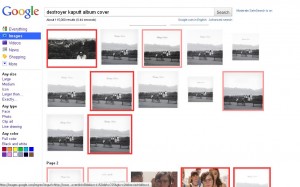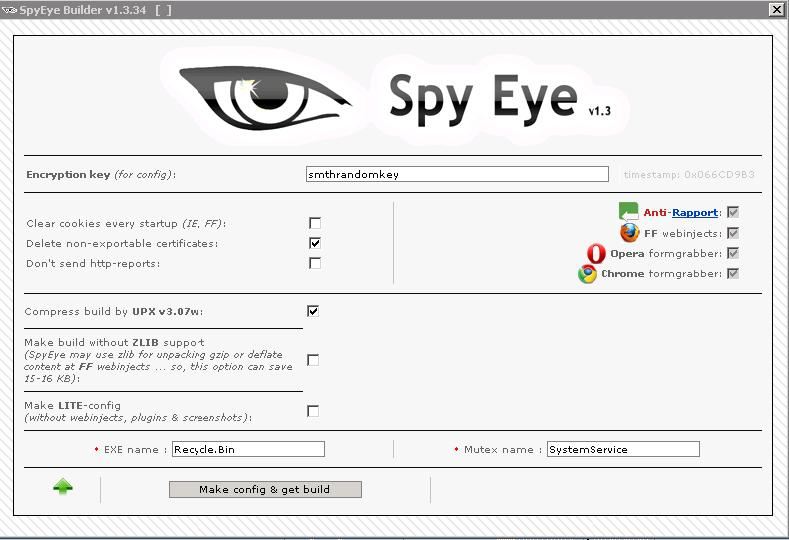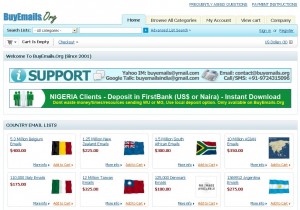A French security research firm boasted today that it has discovered a two-step process for defeating Google Chrome‘s sandbox, the security technology designed to protect the browser from being compromised by previously unknown security flaws. Experts say the discovery, if true, marks the first time hackers have figured out a way around the vaunted security layer, and almost certainly will encourage attackers to devise similar methods of subverting this technology in Chrome and other widely used software.
 In an advisory released today, VUPEN Security said: “We are (un)happy to announce that we have official Pwnd Google Chrome and its sandbox.” The post includes a video showing the exploitation of what VUPEN claims is a previously undocumented security hole in Chrome v.11.0.696.65 on Microsoft Windows 7 SP1 (x64).
In an advisory released today, VUPEN Security said: “We are (un)happy to announce that we have official Pwnd Google Chrome and its sandbox.” The post includes a video showing the exploitation of what VUPEN claims is a previously undocumented security hole in Chrome v.11.0.696.65 on Microsoft Windows 7 SP1 (x64).
“While Chrome has one of the most secure sandboxes and has always survived the Pwn2Own contest during the last three years, we have now uncovered a reliable way to execute arbitrary code on any installation of Chrome despite its sandbox, ASLR and DEP,” the advisory notes. ASLR and DEP are two of the key security defenses built into Windows Vista and Windows 7
Google spokesman Jay Nancarrow said the company was unable to verify VUPEN’s claims, because VUPEN hadn’t shared any information about their findings. “Should any modifications become necessary, users will be automatically updated to the latest version of Chrome,” Nancarrow wrote in an email to KrebsOnSecurity.
Chaouki Bekar, VUPEN’s CEO and head of research, confirmed that the company had no plans to share any details about their findings with Google, nor was it aware of any steps users could take to mitigate the threat from this attack.
“No, we did not alert Google as we only share our vulnerability research with our Government customers for defensive and offensive security,” Bekar wrote in response to an emailed request for comment. “Unfortunately, we are not aware of any mitigation to protect against these vulnerabilities.”
Jeremiah Grossman, a Web application security expert and chief technology officer for the security consultancy WhiteHat Security, called the news “quite serious.”
“We have governments competing for 0days, and we’re not even sure who the buyers are, maybe the US government didn’t get the 0day,” Grossman said “One way or the other, consumers are unprotected from an 0day we can’t really verify but probably exists. I think that’s quite serious.”













